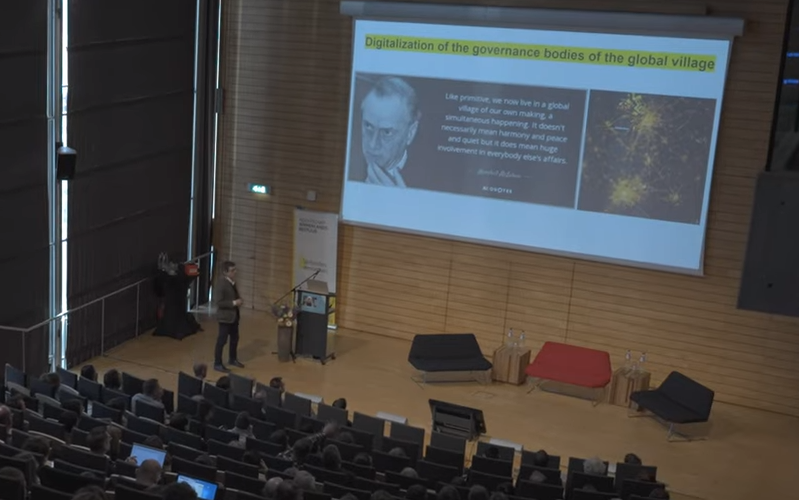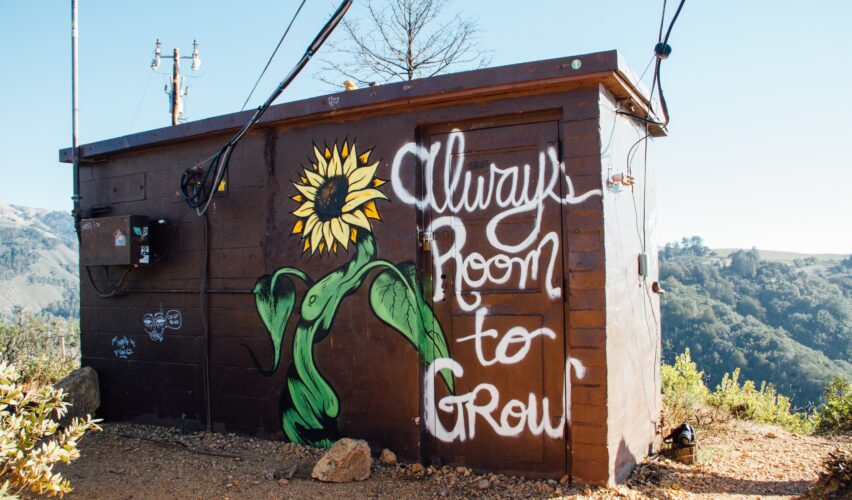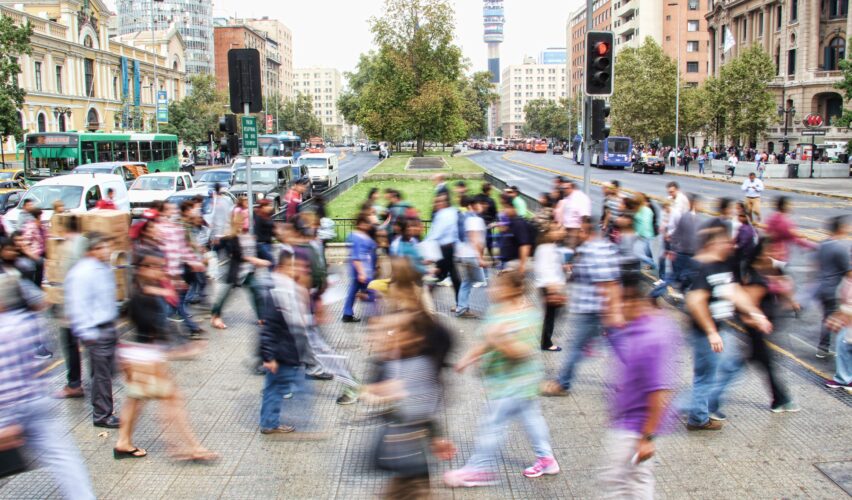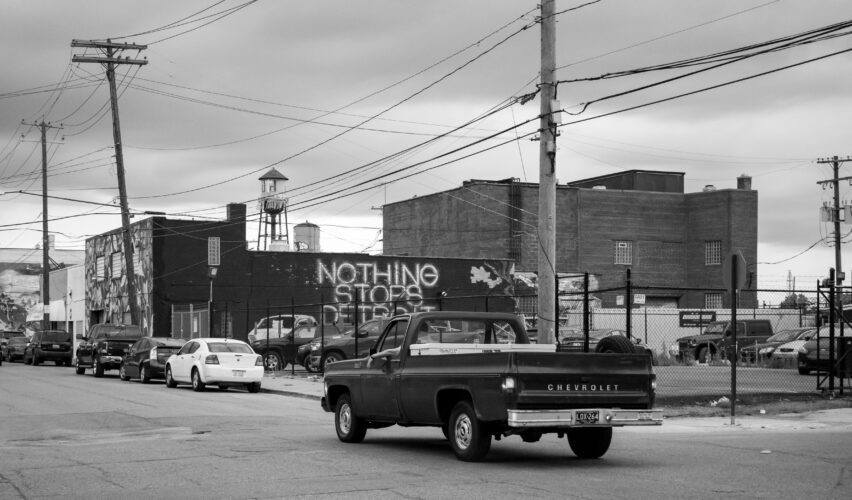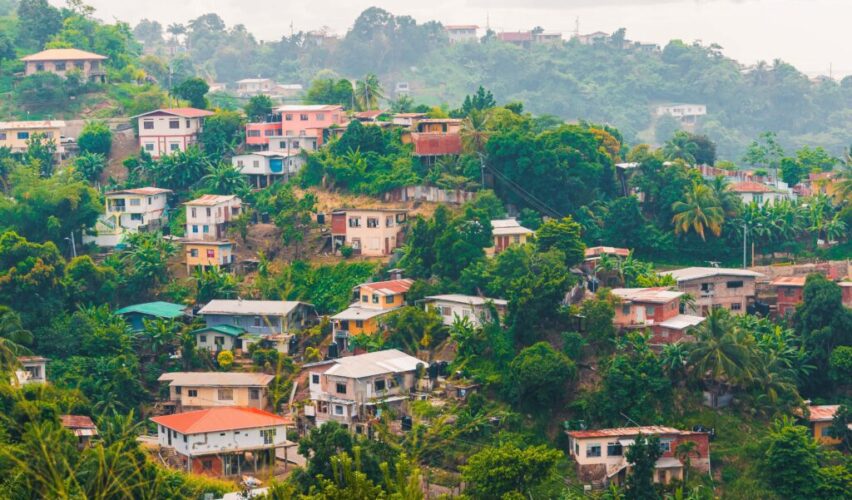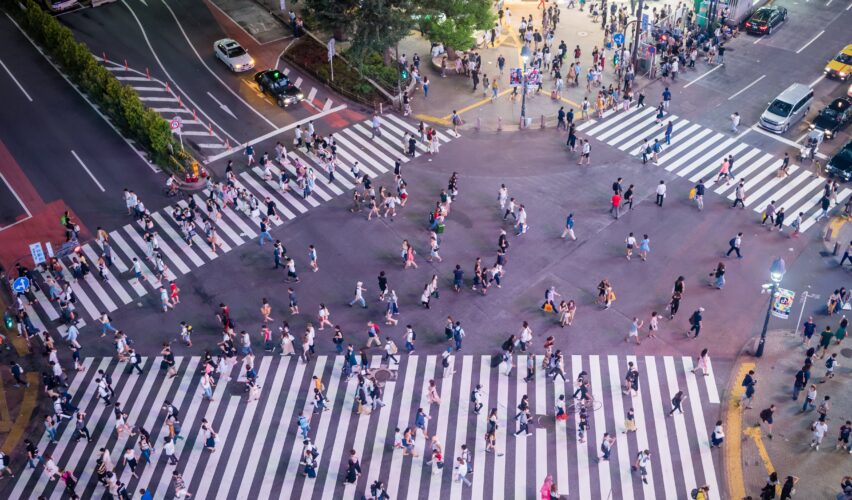Beyond the Metropolis: Recognizing the Value of a Smart Rural Europe, by Jon Glasco
The development of Smart European Cities needs to happen in parallel to a Smart Rural Europe agenda. An estimated 70% of Europe’s land area is used for agriculture or covered by forestry. “The vital role of agricultural and rural development deeply affects the economic, social and environmental aspects of every EU member state.”...
Making the most of data: supporting data stewardship in local ecosystems
On Tuesday, 23rd May 2023, I chair the webinar “Making the most of data: supporting data stewardship in local ecosystems” at Eurocities. This session is part of the activity of the Data Working Group withing Eurocities’ Digital Forum . Data stewardship is a figure recognized by the European Data Governance Act and the...
Digitizing Government Ecosystems. De Klik Met De Burger. March, 28th 2023. Mechelen (Belgium)
On March, 28th 2023 I was invited as a keynote speaker at the De Klik Met De Burger event in Mechelen (Belgium) to speak about Digitizing Government Ecosystems. I was also able to present the work we’ve done during the last 15 years to position Zaragoza as one of Europe’s most innovative & sustainable cities. …...
Small Communities, Big Ideas: The Evolution of Three Smart Villages, by Jon Glasco
Megacities like Paris, London and New York capture smart city headlines in recent years, mainly because they are centers of economic, technological and innovative power. While small communities and smart villages in peripheral areas receive less attention, they offer value through innovation in biodiversity, climate resilience,...
Beyond Innovation Districts: Why Peripheral Communities Matter, by Jon Glasco
How and where can cities accelerate innovation as an economic development strategy? In recent decades, many urban leaders attempted to answer this question through investments in innovation districts. “More than 80 innovation districts have been identified in cities across the globe,” according to Carla M. Kayanan, a researcher at...
Urban design and data: how energy micro-flows shape our cities
The continuous process of urban transformation, which has included multiple works and demolitions over the years, has been possible thanks to the energy flows that converge in the city. Now, we can guide urban decisions by “natural” criteria to make them more efficient. For this, it is key to observe and detect where there are flows rubbing against the territory with enough potential to create life around them. This is the true substratum of an organic urbanism.
Urbanism and energy
Urbanism can be understood as the set of processes that take advantage of the energy that reaches a city for its conversion into an urban structure. Thus, the configuration of the built space corresponds to possible states in which matter can be organized in a stable way (at least for a while).
Urbanism explained from entropy
How does a city acquire “order” (or, decrease its entropy) and increase its complexity? In the same way that a system of dunes, a plant, or any living being does, thanks to the contribution of energy and matter. From this perspective, the set of processes that deal with the use of that energy for the formation of a city structure is what we call urbanism.
Urbanism and thermodynamics. An Alternative Approach
If, the structure of natural ecosystems, organisms, and social organizations is formed and grows thanks to the energy flows that affect them, it does not seem unreasonable to think that in cities, social ecosystems formed by all kinds of organisms (including people), urbanism and thermodynamics are related through similar phenomena.
The collective mental map of urban mobility
Mobility in a city is the aggregate sum of millions of micro-decisions that its inhabitants make every day when going to work, shopping or meeting friends. Most of us are pedestrians, cyclists, drivers and users of public transport at the same time. Therefore, changing mobility in a city means that more and more micro-decisions go through sustainable means of transport.



